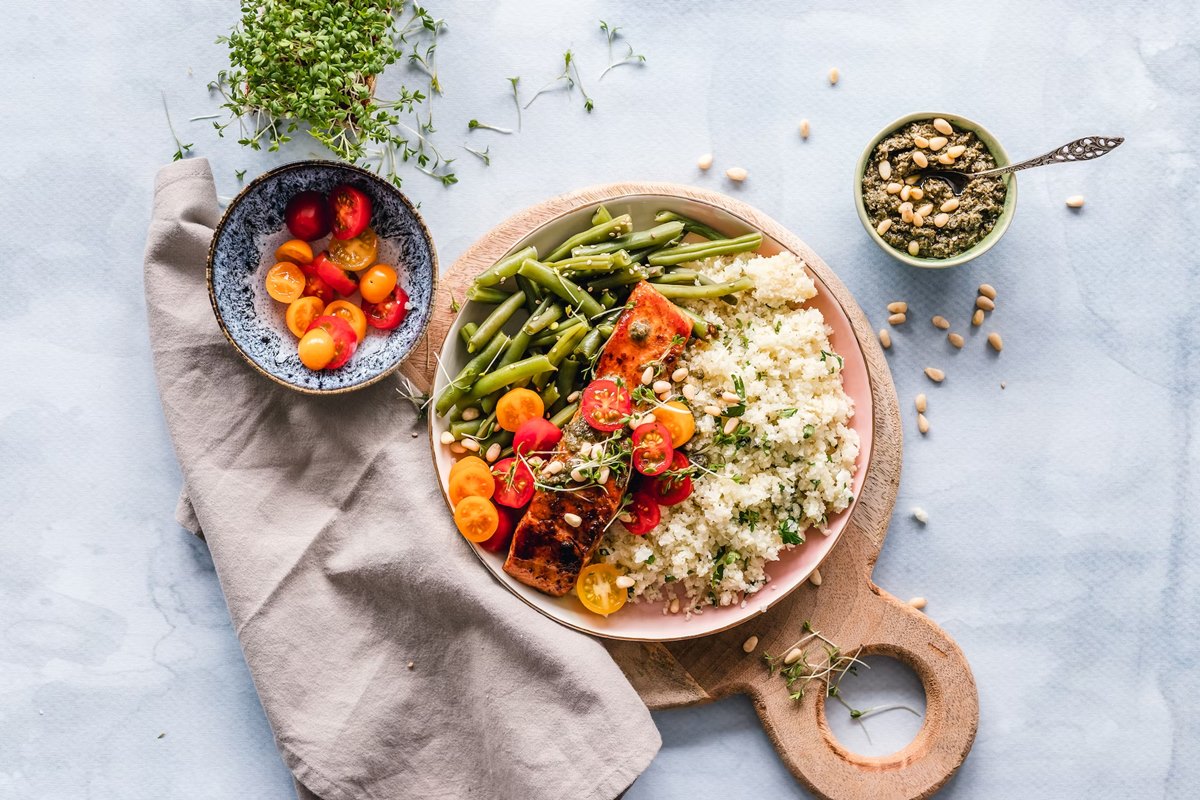Iron is vital for our body; iron-rich foods assist hemoglobin in transporting oxygen from one part of the body to another, regulating body temperature and helping you stay warm and fit even during the winter. Consequently, iron deficiency can compromise your overall health, resulting in cases of anemia. Feeling tired and exhausted, even after completing minor tasks, could be a sign of iron deficiency. In addition to iron supplements, various foods can help increase iron levels, and some are outlined below.
Spinach
A mere 100 grams of spinach provides 2.7 mg of iron. It is nutritionally dense, containing Vitamin C, which enhances iron absorption. Although iron is a non-heme variant, the presence of Vitamin C ensures adequate absorption. Spinach also boasts antioxidants that reduce inflammation and protect your eyes.
Advertisement
Red Meat or Liver
Red meat and red meat liver are recognized as rich sources of iron. They contain iron-heme variants easily absorbed by the body. Pairing red meat with Vitamin C-rich foods optimizes iron absorption. Organ meats are high in vitamins A and B, as well as copper, crucial for maintaining healthy cells.
Pumpkin Seeds
Pumpkin seeds are a convenient and nutritious snack. Just 28 grams of pumpkin seeds contain 2.5 mg of iron and are rich in magnesium, zinc, and vitamin K. Their magnesium content makes them a popular choice for reducing diabetes risks.
Legumes
Known for their protein content, legumes like peas, chickpeas, and beans are packed with iron, aiding in the fight against anemia. Green peas offer 1.5 mg of iron per 100 grams, while pinto beans boast 5.1 mg. Combining legumes with Vitamin C-rich foods enhances iron absorption.
Quinoa
Ideal for those with gluten intolerance, quinoa is a pseudocereal, free of gluten and high in protein. With 2.8 mg of iron in 185 grams of cooked quinoa, it serves as an excellent alternative to wheat and rice. Additionally, quinoa is rich in magnesium and folate.
Beware of iron deficiency symptoms such as pale skin, brittle nails, fatigue, and rapid heartbeat. Iron is crucial for overall well-being and maintaining a healthy heart. Iron deficiency can hinder oxygen circulation, forcing the heart to work harder and potentially leading to coronary diseases in the long run. Eat iron-rich foods this winter!











